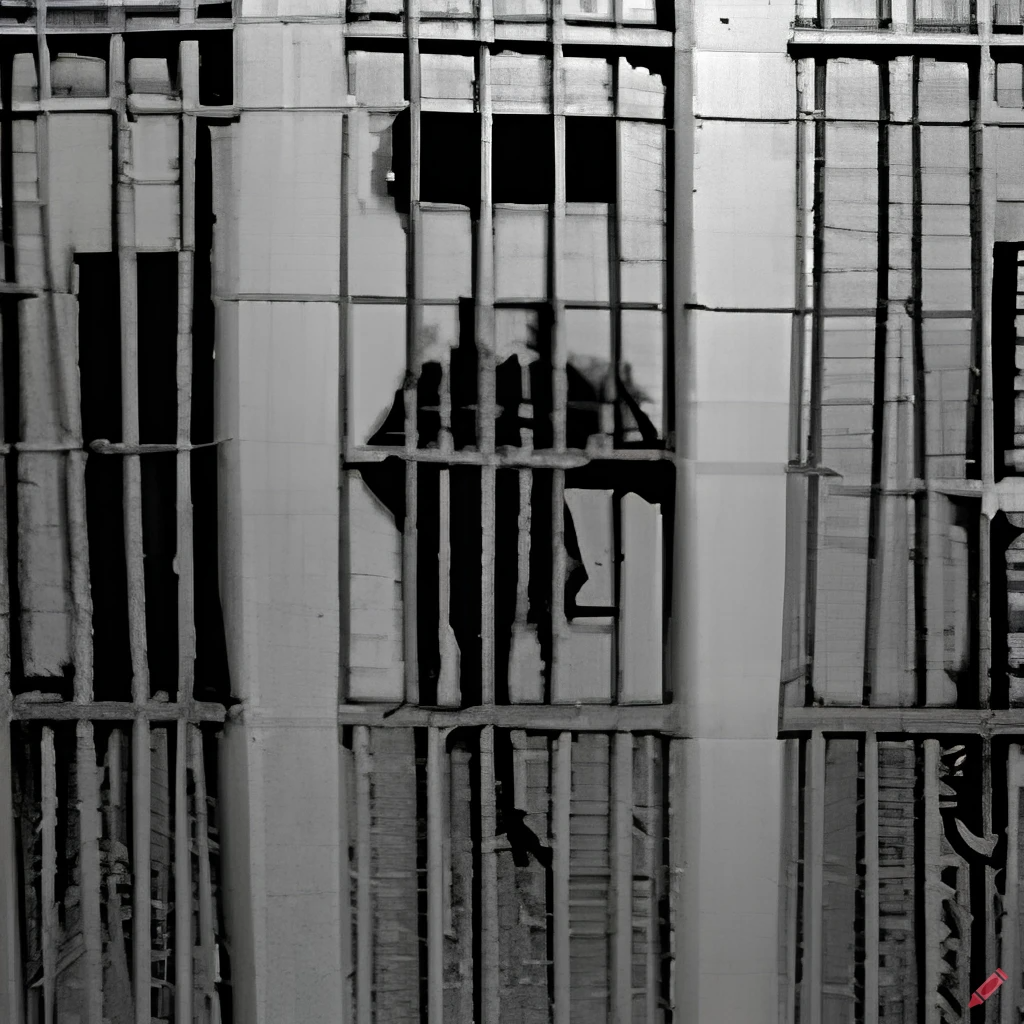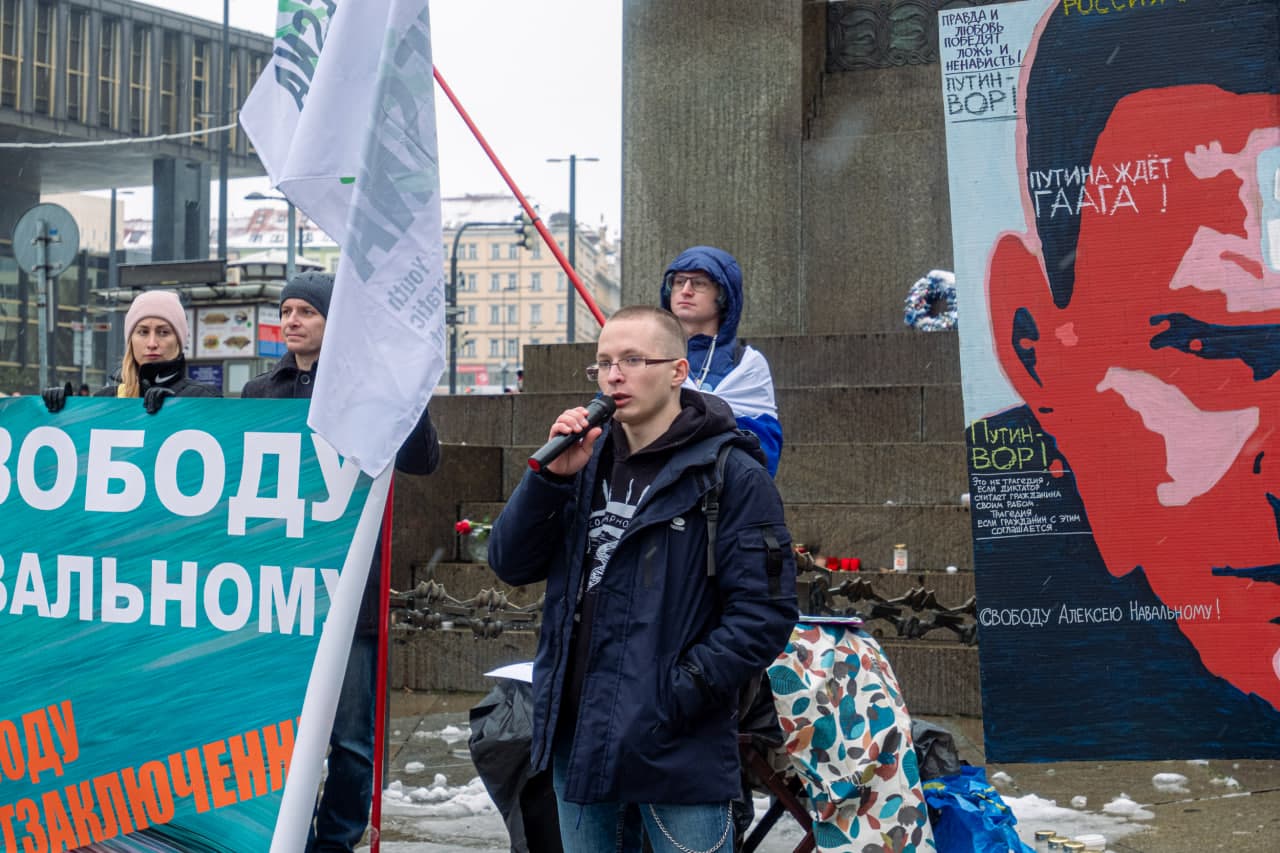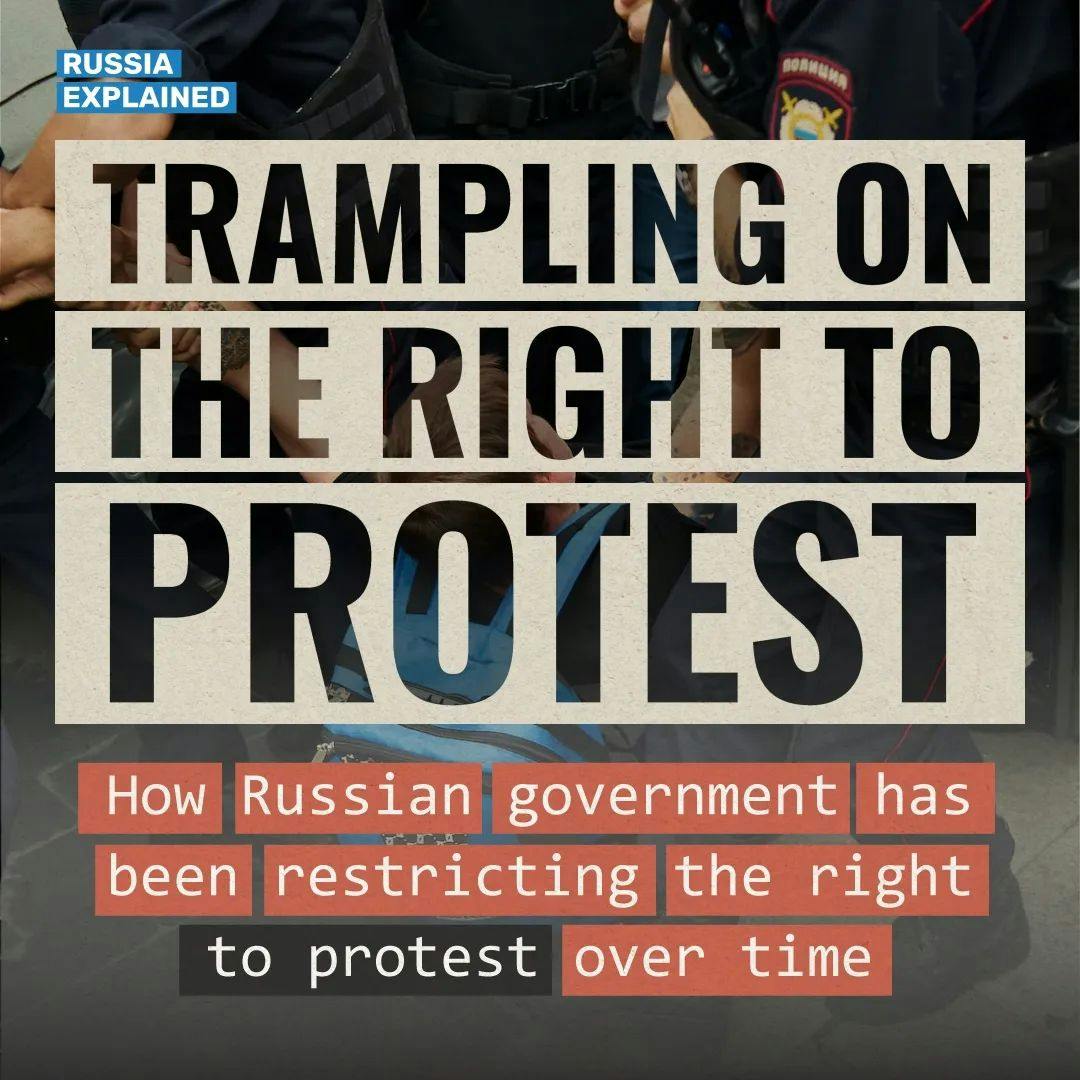How All of Russian TV Became State-Controlled
Short biography of the freedom that never happened.



It’s said that many Russians are more afraid of going to prison than to the war. Why?
The simple answer is that they are much better informed about what’s going on behind the bars rather than in the war.
In 2021, thanks to ex-imate Sergey Savelyev who spent two years secretly copying hundreds of videos of rape and abuse — 40 GB in total — recorded torture in a Russian prison hospital was published by several well-known media outlets.
Later that year, Vladimir Osechkin, the founder of Gulagu.net (or "No to the Gulag"), the prisoners’ rights group, claimed he obtained 200-gigabyte video archive showing prison torture in three different regions: Krasnoyarsk, Zabaykalsky Krai, and Primorye.
Some of the videos were followed by high-profile lay-offs and criminal investigations. Nevertheless, the torture seems to stay an integral part of the Russian penitentiary system.
You can kill accidentally, but you cannot accidentally torture. Olga Sadovskaya, the Deputy Chairperson of the Committee Against Torture (CAT)
The freedom from torture is one of very few rights that cannot be limited or restricted in any way.
No one shall be subjected to torture or to inhuman or degrading treatment or punishment. Article 3 of European Convention on Human Rights, Prohibition of torture
However, there is no specific article for torture in Russia. Instead, in such cases Part 3 of Article 286 of the Russian Criminal Code ‘Exceeding Official Powers’ is mostly used:
Deeds stipulated by the first or second part of this Article, if they have been committed 1) with the use of violence or with the threat of its use 2) with the use of arms or special means 3) with the infliction of grave consequences, shall be punishable by deprivation of liberty for three to ten years, with disqualification to hold specified offices or to engage in specified activities for a term of up to three years. Part 3 of Article 286 of the Russian Criminal Code
It is a widely held axiom that Russian prisons are places where people get regularly tortured. Unfortunately, this cannot be backed up by any solid statistics, and this is why:
Against all odds, some prisoners dare to contact Russian human rights organisations, and some of them, after years of hard work, even got compensated for sufferings as a result of the European Court of Human Rights rulings in their favour. Even though, after full-scale Russian invasion of Ukraine, this is not an option anymore, many human rights defenders stay in Russia and keep working.
Here are several Russian human rights organizations providing pro bono legal assistance to convicts who suffered from torture and other violations of their rights.
The team of human rights defenders has been working under constant persecution of the Russian government since 2000.
“Over 21 years of work, The CAT has received more than 3178 reports of human rights violations in Russia, has achieved compensation payments of more than 297 million rubles to victims, has won 78 cases in the European Court of Human Rights and has convicted 159 law enforcement officers guilty of torture and ill-treatment,” states on their website. This numbers count both police and prison torture cases.
On June 11, 2022, the Committee against Torture was liquidated as an organization as it could not keep doing their job as a proclaimed “foreign agent”. They changed the name but kept working under even greater pressure.
This charity project helps convicts and their families get professional legal support and ensures officials respect human rights and follow all the procedures without flaws. Currently the foundation is closely working with families whose relatives were recruited to the private military company Wagner.
This project meticulously gathers evidences of corruption and torture in Russian prisons, spreading the truth about the systematic violations of inmates’ rights, reporting to international human rights organizations, and pushes the government to open criminal cases against the officials.
Zona Prava is a prisoners’ rights organisation that was founded by Maria Alekhina and Nadezhda Tolokonnikova of Pussy Riot who know very well what it is like to be behind the bars.
Physical torture is not the only option. If a prisoner is constantly under the spotlight, the methods of torture can be more subtle. In many cases, it can be lack of medical attention or punishment for every tiny “offence” like not greeting the guard or swearing. In this Twitter thread, Alexey Navalny describes this in detail:
2/22 If you open any book by a Soviet dissident, there will be endless stories of punishment cells, hunger strikes, violence, provocations, lack of medical care. In short, nothing new.But my story about the psycho is really new - at least I've never seen or heard anything like it
However, there are many other ways to make the undesirable person suffer. For example, Sasha Skochilenko–who is now in pre-trial detention for spreading “disinformation” about the Russian military after replacing price tags at a local grocery store with anti-war messages– is on a strict gluten-free diet. According to her girlfriend Sofia Subbotina, the jail administration restricted the number of packages that could be sent to Sasha and provided the proper meal only after the media drew attention to the issue and only every other day, which puts Skochilenko’s life in jeopardy.
Another example is Alexey Gorinov, a Moscow municipal deputy convicted for “spreading fake news about the Russian army”. In the mid December 2022, he was transferred to a prison hospital with an ill fame of a torture chamber. It is hard to get any information about Gorinov’s condition, even for his attorney.
The one who is not written about will die quietly on their hospital bed, the one who is not forgotten might get their medicine Alexei Navalny on the Gorinov case
Tip: Did you ever wonder what it’s like to walk in Navalny’s shoes? If you happen to be in Berlin, you have a chance to learn it now. Don’t worry! It’s safe, like literally. It’s a big grey box. A replica of Alexei Navalny’s solitary confinement cell is placed in front of the Russian Embassy.
Short biography of the freedom that never happened.

...do not give up and do not despair, do what you think is the right thing to do. Russia will definitely be free.

How Russian government has been restricting the right to protest over time

Our media platform would not exist without an international team of volunteers. Do you want to become one? Here's the list of currently opened positions:
Is there any other way you would like to contribute? Let us know:
We talk about the current problems of Russia and of its people, standing against the war and for democracy. We strive to make our content as accessible as possible to the European audience.
Do you want to cooperate on content made by the Russian standing against the war?
We want to make people of Russia, who stand for peace and democracy, heard. We publish their stories and interview them in Ask a Russian project.
Are you a person of Russia or know someone who would like to share their story? Please contact us. Your experience will help people understand how Russia works.
We can publish your experience anonymously.
Our project is ran by international volunteers - not a single member of the team is paid in any way. The project, however, has running costs: hosting, domains, subscription to paid online services (such as Midjourney or Fillout.com) and advertising.
Our transparent bank account is 2702660360/2010, registered at Fio Banka (Czech republic). You can either send us money directly, or scan one of the QR codes bellow in your banking app:




Note: The QR codes work only when you scan them directly from your banking app.
Russia started the war against Ukraine. This war is happening from 2014. It has only intensified on February 24th 2022. Milions of Ukrainians are suffering. The perpetrators of this must be brought to justice for their crimes.
Russian regime tries to silence its liberal voices. Russian people against the war exist - and the Russian regime tries its best to silence them. We want to prevent that and make their voices heard.
Connection is crucial. The Russian liberal initiatives are hard to read for European public at times. The legal, social and historical context of Russia is not always clear. We want to share information, build bridges and connect the liberal Russia with The West.
We believe in dialogue, not isolation. The oppositional powers in Russia will not be able to change anything without the support of the democratic world. We also believe that the dialogue should go both ways.
The choice is yours. We understand the anger for the Russian crimes. It is up to you whether you want to listen to the Russian people standing against this.